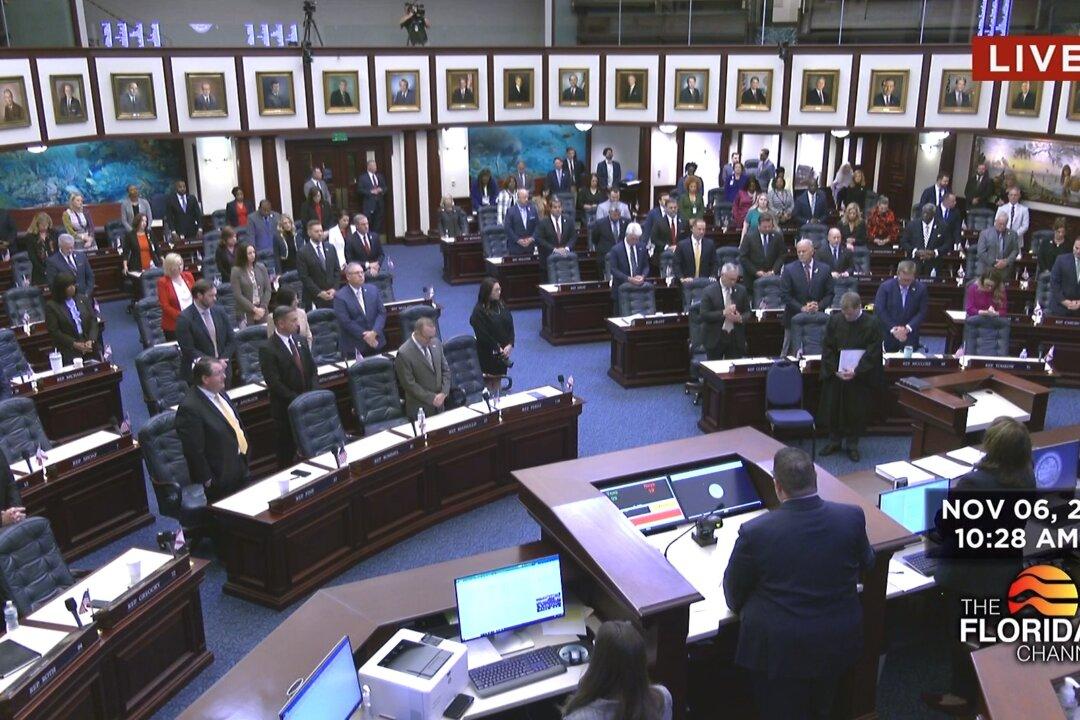Tensions flared, and emotions ran high in a 3-day special legislative session in the Florida capital.
Lawmakers from around the state united across the aisle on issues such as hurricane relief and security funding for ethnic organizations. They exchanged barbs, however, about the Israel-Hamas war.





